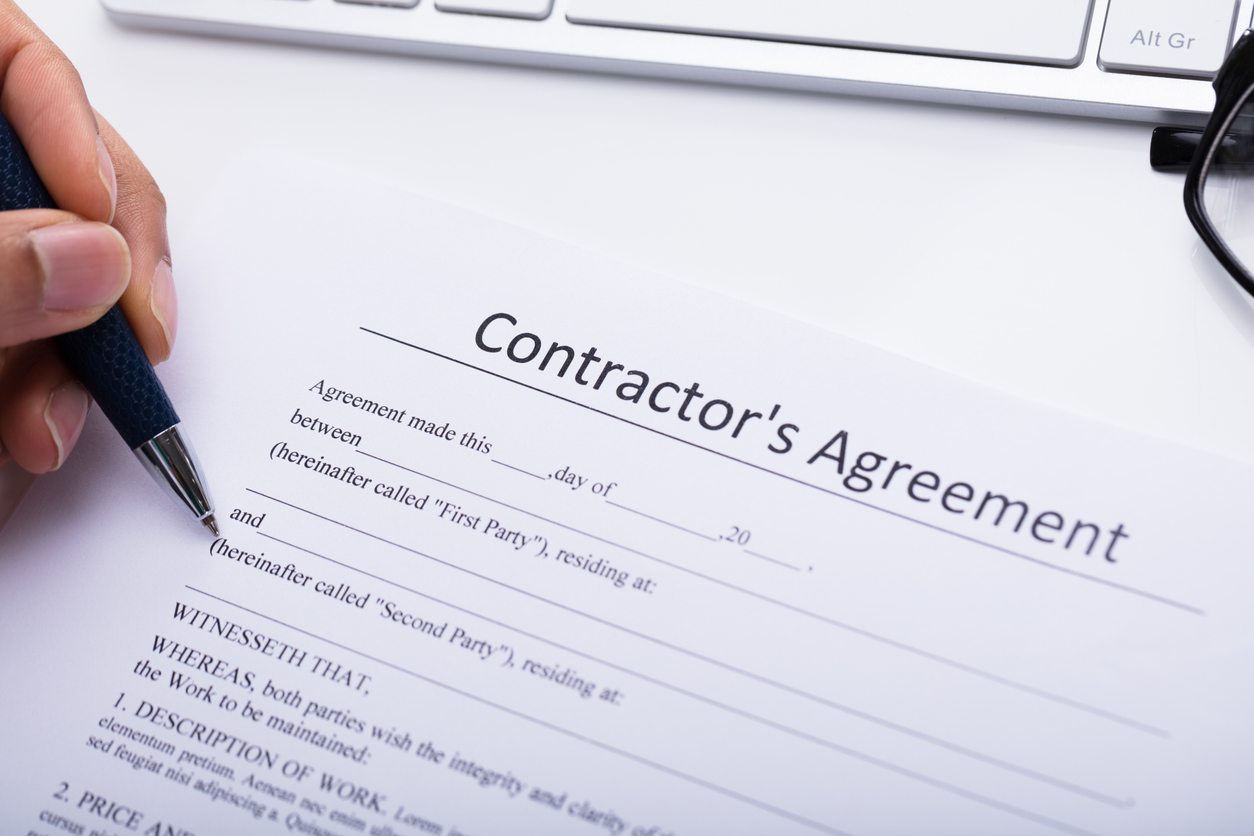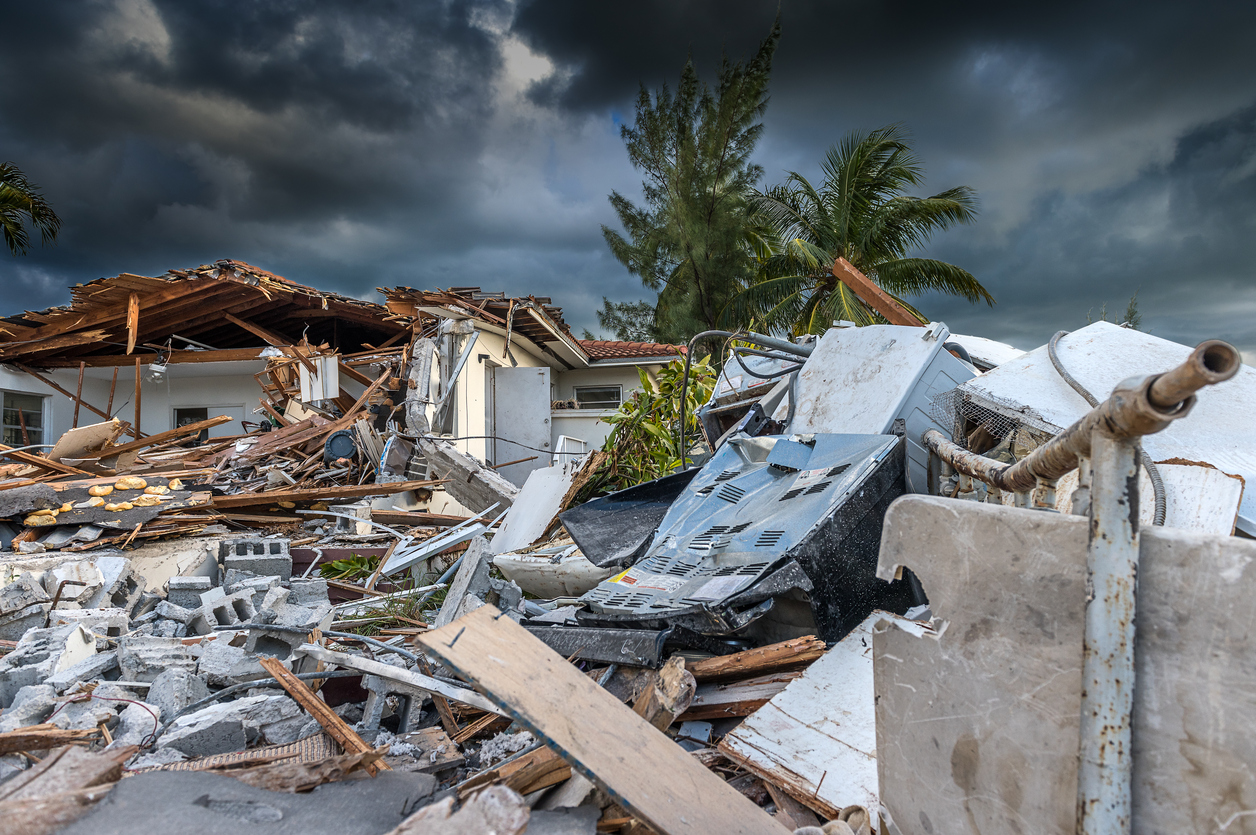Tropical Storm Arthur starts off the 2008 hurricane season with some early inning excitement. In my line of work, I am always asked during the summer months how many hurricanes there will be and where they will hit. The newspapers are full of stories from meteorologic prognosticators regarding these events. I simply reply it is a guess: the odds are a major hurricane will form in the Gulf of Mexico and there may be an Atlantic Coast hurricane as well. The truth is nobody knows. But the fact that nobody knows does not mean that you should not be vigilant, especially along the Gulf Coast areas in June and July.
Arthur is a classic early season storm because generally, hurricanes will form only in the Gulf of Mexico early in the season. Why? The warm water temperature needed to form major storm systems is most favorable only in the Gulf of Mexico. The entire Atlantic Caribbean area warms as the summer progresses.
The Associated Press ran a story correctly noting that hurricane forecasts should not be the basis for bets. It quoted Craig Fugate, the Director of Emergency Management in Florida, as stating that these early forecasts "are not useful at all." Indeed, I believe that most people, having two years of dire forecasts which never materialized, will inevitably become complacent. This is human nature. Instead, as indicated by the Insurance Information Institute, now is the time to make final preparations for the hurricane season. The Institute lists five tips:
- Buy Enough Insurance;
- Buy the Right Insurance;
- Create a Home Inventory;
- Prepare an Evacuation Plan;
- Hurricane-Proof Your Structures.
Numbers one and two are easy enough. Call your insurance agent and make certain you have high enough policy limits to rebuild your structure–brand new–to new codes. Obtain Flood Coverage if you live even remotely close to a body of water–even if you are not in a flood zone. For businesses, buy Business Income and, especially, Extra Expense Coverage. Many businesses need off-premise power coverage.
Nobody does number three. I have yet to have a residential client who has made an inventory before a hurricane. Businesses and governmental clients are not much better. Indeed, some businesses have coverage for non-listed assets. A before-loss videotape of structures and everything contained in them can be a big help for a number of adjustment reasons. Businesses cannot spend enough time going over a risk management operation plan in the event of a catastrophe.
Safekeeping of records, property, and information is one aspect. Making contingency plans to get back in business as soon as possible is crucial to the survivability of many businesses. Hurricane-proofing residential and business structures is the best thing that can be done. Repair and maintain the exterior envelope of the building. Trim trees and remove objects that can crash into structures. Think about purchasing an alternative energy source if you have a business or can afford one for your home. As I have said before, if you do all of the above five steps, chances are nothing will happen to you.



